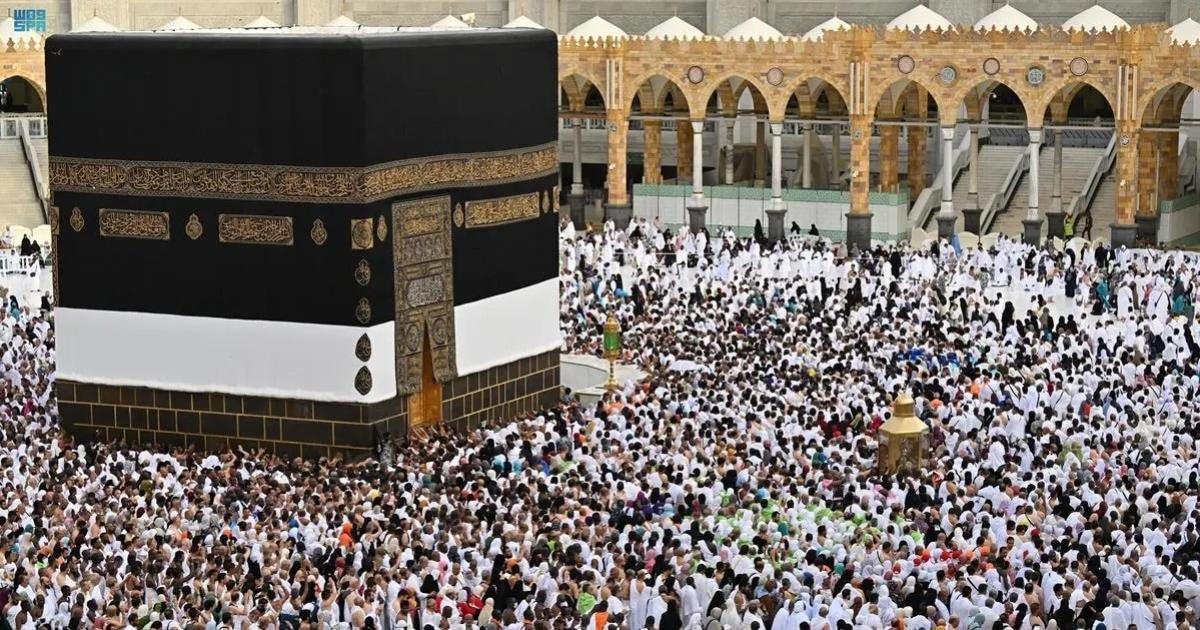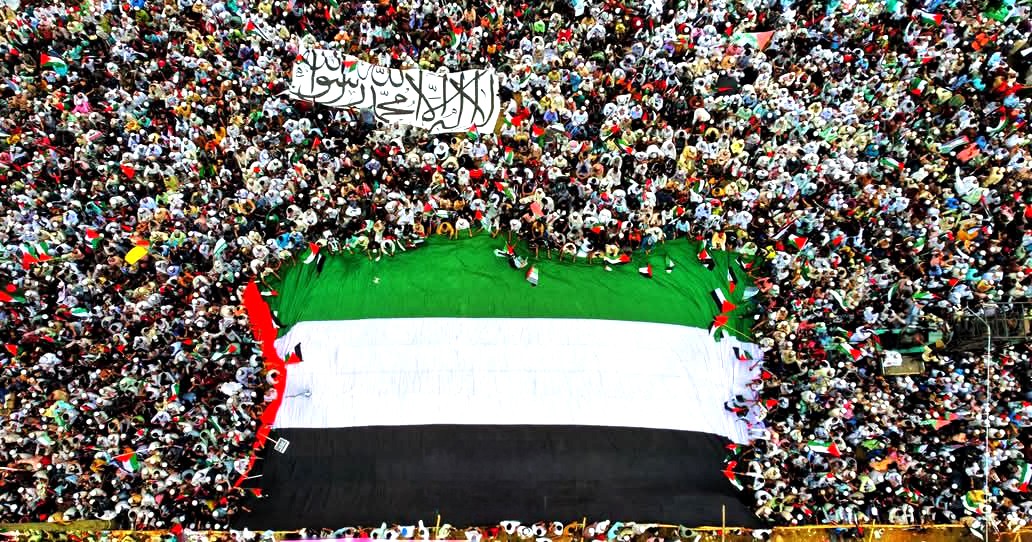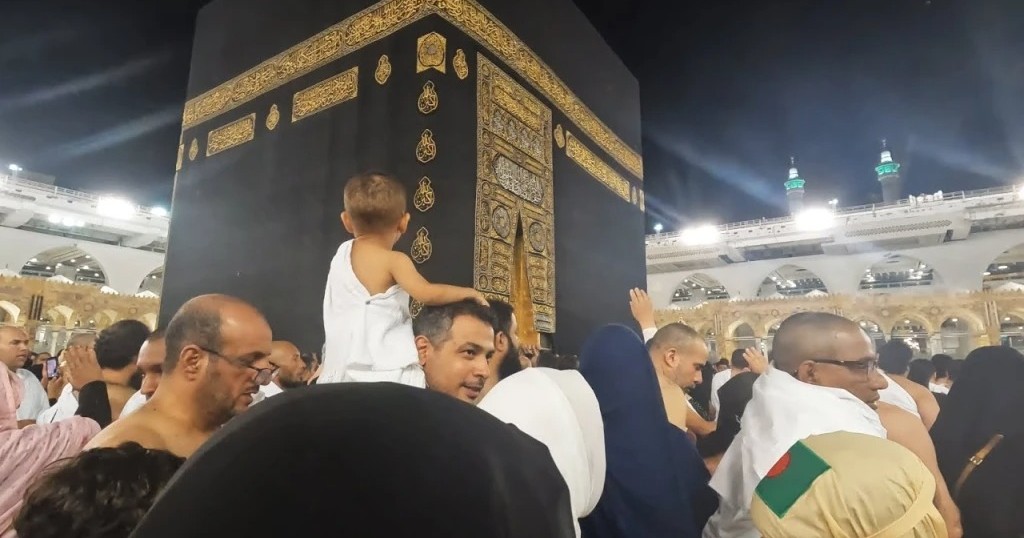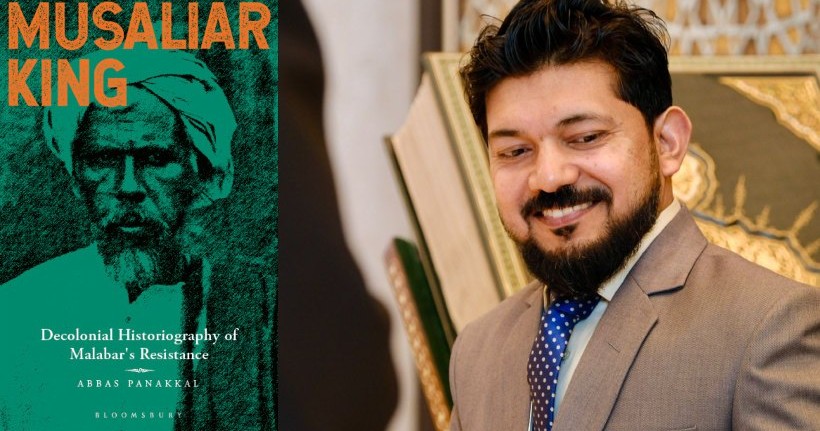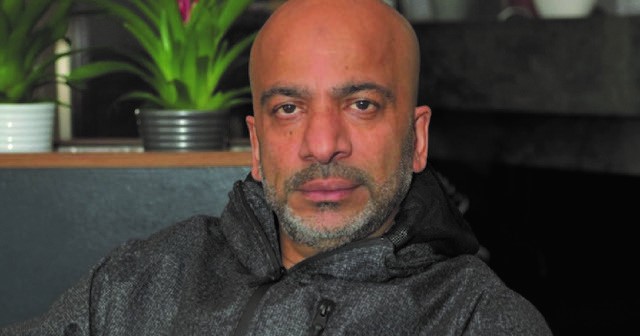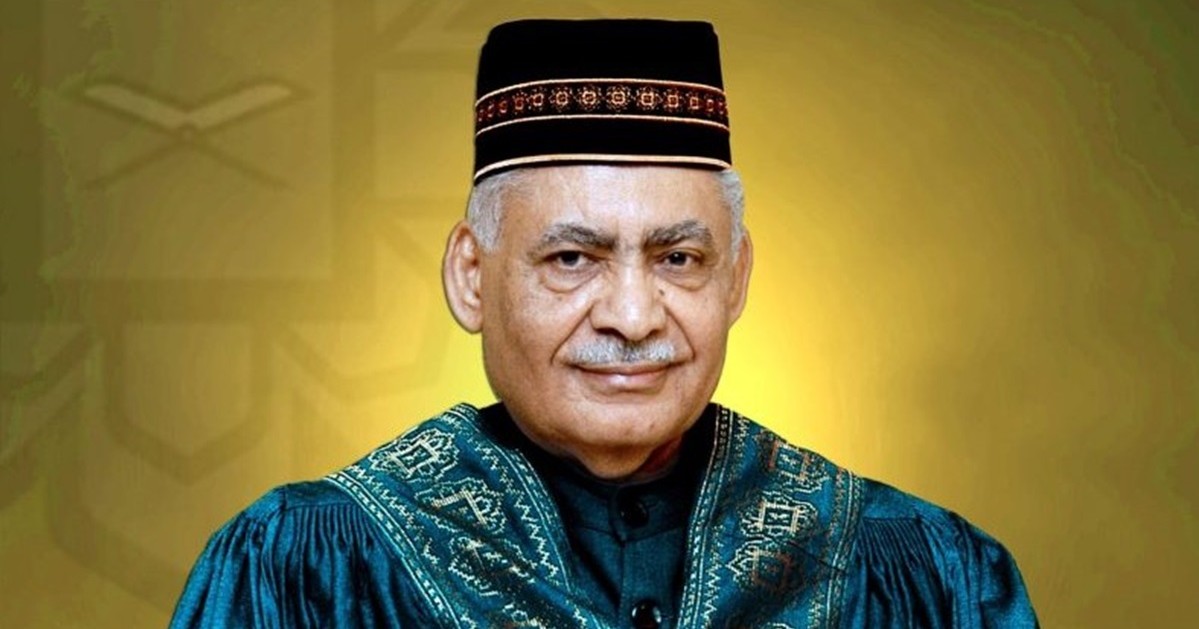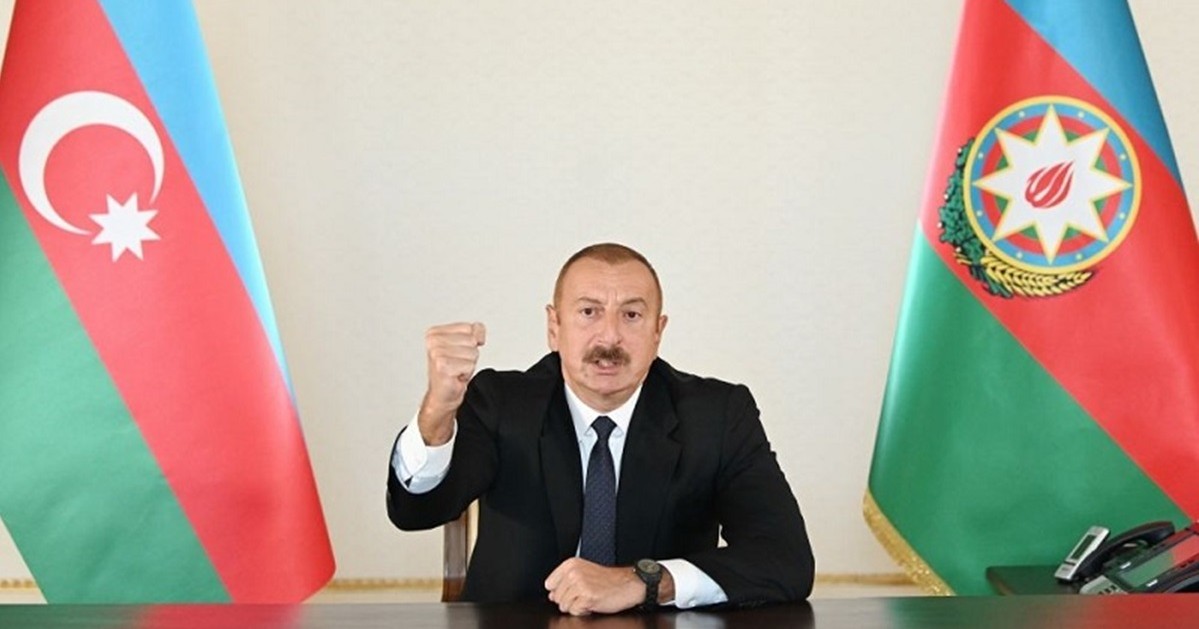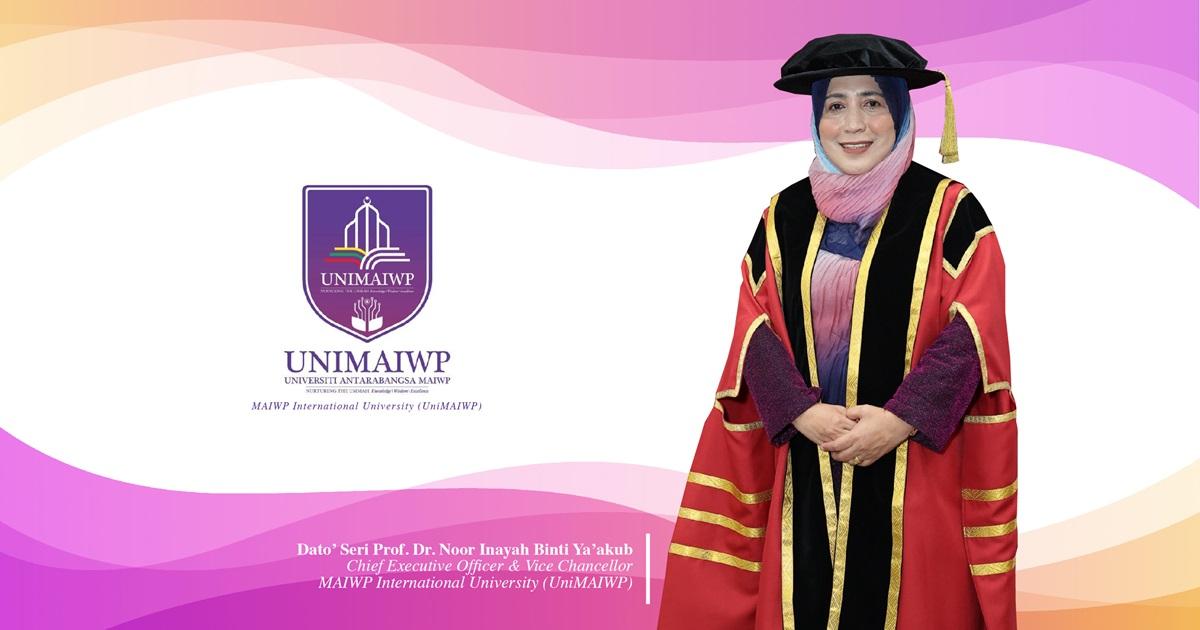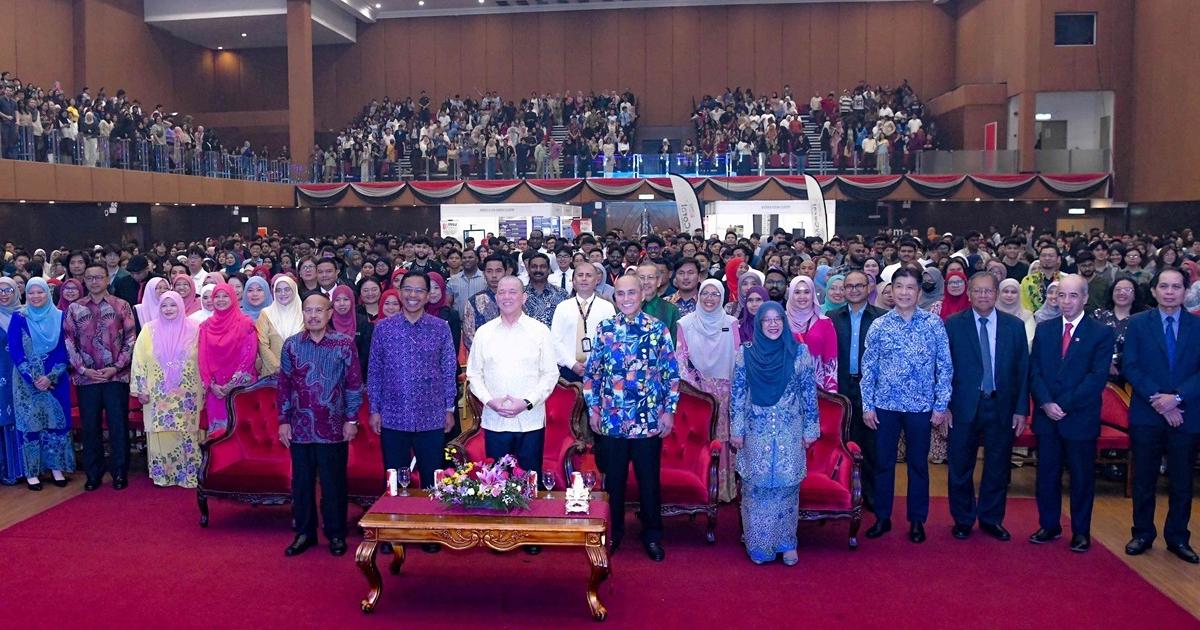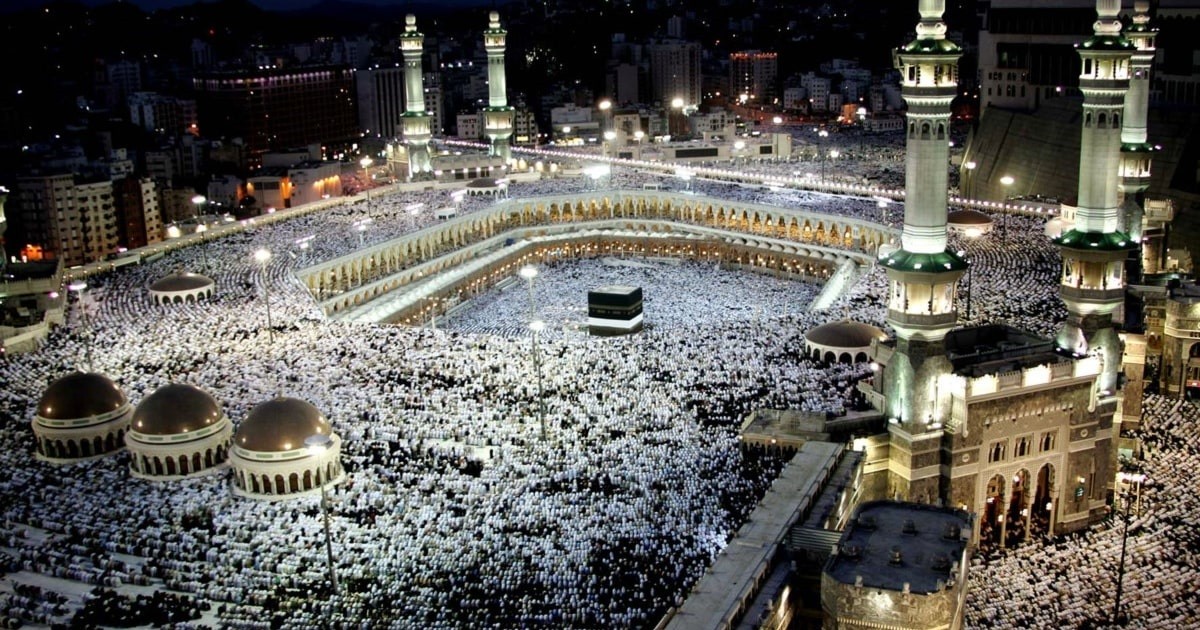
Muslims all around the world are gearing up for the first post-pandemic Hajj that is now open to foreign pilgrims after two years of restrictions. Usually, Hajj – an Islamic pilgrimage –is one of the world’s largest religious gatherings. It is an Islamic religious pilgrimage to Mecca, Kingdom of Saudi Arabia (KSA) attended by approximately 1 to 3 million pilgrims annually before the advent of the COVID-19 pandemic. About 2.5 million people participated in Hajj in 2019 alone. But after the onset of the pandemic in 2020, Saudi authorities publicly announced that they would only let 1,000 pilgrims take part. The following year, in 2021, they enlarged the total to a number of pilgrims to 60,000 fully vaccinated Saudi citizens and residents chosen through a lottery system. However, barring overseas pilgrims triggered a deeper sense of disappointment among Muslims worldwide, who typically save for years to take part in the holy event.
On 22nd June 2020, a combined announcement by the Ministry of Hajj and the Ministry of Health of Saudi Arabia declared that Hajj would be conducted with extreme limitations. Consequently, the 2020 Hajj was extraordinary with no international pilgrims and very few selected individuals, mostly from a pool of Saudi COVID-19 survivors of 20–65 years of age (none obese and none pregnant) were allowed to perform the Hajj. The total attendants were only 0.02% (n = 1000) of the 3.5 million expected annual pilgrims.
In the 2021 Hajj, the number of pilgrims was 60,000, and their ages range from 18–60 years. All local pilgrims, and medical and non-medical workers at the Hajj were required to have two doses of an approved COVID-19 vaccine before the 1st of du Al Hejja (The 12th Hijri Calendar month). International pilgrims have to have two doses of a WHO-approved COVID-19 vaccine with the second dose administered at least 1 week prior to entering KSA. All pilgrims had a proof of negative SARS-CoV-2 PCR, 72 hours prior to arrival to KSA, and upon arrival, they were quarantined for 72 hours and had a repeat PCR test within 48 hours of arrival. For the Hajj to proceed, at least 60% of residents in Makkah and Madinah had to have proof of vaccination with two doses of the COVID-19 vaccine.
After passing all these restrictions and hindrances to Hajj for two years, the 2022 Hajj is going to be different, and in other words, the largest Muslim gathering is returning to its normal state. In April 2022, KSA announced that it would permit one million (1,000,000) Muslims from inside and outside the country to participate in this year’s Hajj, which will take place in July 2022. After increasing the numbers, the kingdom’s Ministry of Hajj and Umrah said that the annual Muslim pilgrimage to Mecca, Islam’s holiest site, would only be allowed for people who have been fully vaccinated against COVID-19 and are under the age of 65. Therefore, this year’s pilgrimage will be limited to vaccinated Muslims under age 65. Those coming from outside Saudi Arabia, who must apply for hajj visas, are required to submit a negative Covid-19 PCR result from a test taken within 72 hours of travel.
On June 4 (Saturday), 2022, KSA welcomed its first batch of Hajj pilgrims since before the coronavirus pandemic, which prompted authorities to sharply restrict the annual ritual, especially for the international participants.The (first) group from Indonesia landed in the city of Medina and was set to travel south to the holy city of Mecca in the coming weeks to prepare for the hajj next month, state media reported.
Mohammed al-Bijawi, from the country’s Hajj Ministry, told the state-run Al-Ekhbariya channel: “Today [June 4] we received the first group of this year’s pilgrims from Indonesia, and the flights will continue from Malaysia and India”.“Today [June 4] we are happy to receive the guests of God from outside the kingdom, after a two-year interruption due to the pandemic” he added, describing Saudi Arabia as “fully prepared” to accommodate them. These statements are the signs of further assurance that the pilgrimage would be handled and performed with diligence and care by Saudi authorities.
It needs to be noted that, Hajj is one of the five key pillars of the Islamic faith and is compulsory for any adult Muslim who is physically and financially eligible. Many Muslims also perform a shorter Umrah pilgrimage, which - unlike the Hajj - is optional and can happen throughout the year. It is an annual pilgrimage to Islam’s holiest sites in and around Mecca, where Prophet Muhammad (pbuh) was born. Pilgrims usually imitate the rites of his ancestral predecessor Prophet Abraham (pbuh) –who is believed to have built the cubic shrine known as the Kaaba - and his family.
The Ministry (of Hajj and Umrah) noted in a statement back in April 2022: “It is of supreme importance to the government of the Custodian of the Two Holy Mosques to preserve the safety and security of Hajj pilgrims as well as visitors to the Prophet’s Mosque while ensuring that the maximum number of Muslims worldwide can perform Hajj and visit the Prophet’s Mosque in a safe and spiritual atmosphere”.Hosting Hajj is a matter of prestige for Saudi rulers, as they have the custodianship of Islam’s holiest sites.It is also a significant source of revenue for the kingdom, bringing in around $12bn annually.
- Business News 100
- Country News 16
- Feature News 30
- International News 151
- Interview News 35
- National News 18





